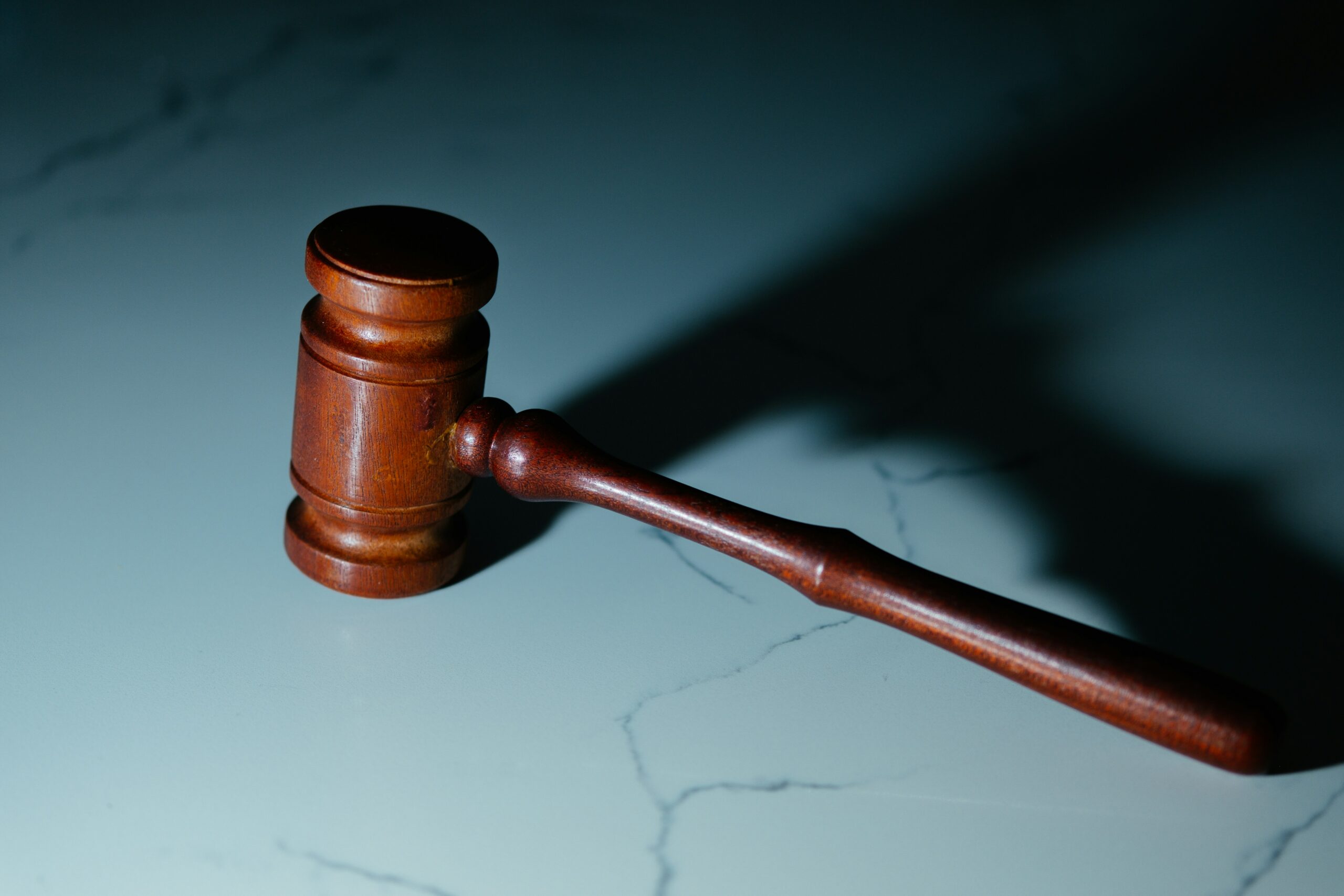Litigation in Thailand follows a civil law system, meaning that court proceedings rely primarily on statutes rather than judicial precedents. The litigation process is structured into different types of courts, each with jurisdiction over civil, criminal, commercial, administrative, and constitutional disputes. Foreign individuals and businesses engaged in Thai litigation must navigate legal formalities, procedural requirements, and language barriers to protect their legal rights effectively.
This in-depth guide explores litigation in Thailand, covering court structures, case procedures, enforcement of judgments, and key challenges faced by litigants.
1. Legal Framework Governing Litigation in Thailand
Litigation in Thailand is governed by multiple statutes, including:
✔ Civil and Commercial Code (CCC) – Governs contracts, property law, family disputes, and business transactions.
✔ Criminal Code (Penal Code) – Defines criminal offenses and sentencing guidelines.
✔ Civil Procedure Code – Regulates case filings, evidence submission, and appeals in civil disputes.
✔ Criminal Procedure Code – Establishes trial procedures, arrest protocols, and sentencing rules.
✔ Foreign Business Act B.E. 2542 (1999) – Regulates litigation related to foreign business operations in Thailand.
✔ Arbitration Act B.E. 2545 (2002) – Governs alternative dispute resolution (ADR), including arbitration.
The Ministry of Justice and the Supreme Court of Thailand oversee legal administration and judicial processes.
2. Structure of the Thai Court System
The Thai judicial system consists of three main levels of courts, each with distinct jurisdiction and appellate procedures.
2.1 Courts of First Instance (Trial Courts)
✔ Handle initial hearings and fact-finding in civil and criminal cases.
| Court | Jurisdiction |
|---|---|
| Civil Court | Handles contract disputes, torts, business disputes, and property claims. |
| Criminal Court | Prosecutes offenses such as fraud, defamation, theft, and violent crimes. |
| Labor Court | Handles wrongful termination, wage disputes, and labor contract violations. |
| Central Intellectual Property and International Trade Court (CIPITC) | Handles copyright, trademark, patent, and cross-border trade disputes. |
| Tax Court | Resolves tax disputes between individuals or corporations and the Thai Revenue Department. |
| Administrative Court | Reviews cases against government agencies and public officials. |
| Juvenile and Family Court | Handles divorce, child custody, inheritance, and juvenile offenses. |
2.2 Courts of Appeal
✔ Reviews appeals from lower trial courts.
✔ Examines legal errors, judicial misconduct, and procedural irregularities.
2.3 Supreme Court (Dika Court)
✔ The highest court in Thailand, with jurisdiction over significant legal issues.
✔ Only hears cases with national legal implications or procedural errors.
3. Civil Litigation in Thailand
3.1 Common Civil Litigation Cases
✔ Contract Disputes – Breach of business, employment, or service contracts.
✔ Property Disputes – Conflicts over land ownership, leases, and inheritance rights.
✔ Debt Recovery – Litigation for unpaid loans, commercial debts, and mortgage defaults.
✔ Personal Injury Claims – Compensation lawsuits for accidents, medical malpractice, and defamation.
3.2 Steps in a Civil Lawsuit
Step 1: Filing a Complaint
✔ The plaintiff submits a statement of claim to the Civil Court.
✔ Must include legal basis, supporting evidence, and relief sought.
Step 2: Summons and Defendant’s Response
✔ The court issues a summons to the defendant.
✔ The defendant has 15-30 days to file a written response.
Step 3: Pre-Trial Mediation and Settlement
✔ Courts encourage mediation to resolve disputes without a trial.
✔ If mediation fails, the case proceeds to a formal trial.
Step 4: Trial Proceedings
✔ Conducted before a panel of judges (no jury system in Thailand).
✔ Both parties present witnesses, documents, and expert testimony.
Step 5: Court Judgment and Appeals
✔ The court delivers a final ruling, which can be appealed within 30 days.
✔ Appeals may reach the Supreme Court if significant legal questions are involved.
4. Criminal Litigation in Thailand
4.1 Common Criminal Cases
✔ Fraud and White-Collar Crimes – Financial fraud, money laundering, and corporate embezzlement.
✔ Defamation Cases – Thailand has strict criminal defamation laws (Section 326-328 of the Penal Code).
✔ Drug Offenses – Severe penalties, including mandatory imprisonment or capital punishment for trafficking.
✔ Assault and Theft Cases – Ranging from minor infractions to serious felonies.
4.2 Criminal Trial Process
✔ Investigation – Conducted by police or public prosecutors.
✔ Indictment – The prosecution formally files charges in the Criminal Court.
✔ Trial and Verdict – Judges determine guilt or innocence based on presented evidence.
✔ Sentencing and Appeals – Convicted individuals may appeal to higher courts.
5. Alternative Dispute Resolution (ADR) in Thailand
Due to court backlog and lengthy litigation times, Thai law promotes ADR mechanisms such as mediation and arbitration.
5.1 Mediation
✔ Encouraged for civil, family, and commercial disputes.
✔ Conducted by court-appointed mediators or private mediation centers.
5.2 Arbitration
✔ Governed by the Arbitration Act B.E. 2545 (2002).
✔ Commonly used in international trade and investment disputes.
✔ Recognized by the Thailand Arbitration Center (THAC) and Thai Arbitration Institute (TAI).
6. Enforcement of Thai and Foreign Judgments
6.1 Enforcing a Thai Court Judgment
✔ Winning parties can request court enforcement if the losing party refuses to comply.
✔ Courts can seize assets, garnish wages, or freeze bank accounts.
6.2 Enforcing Foreign Judgments in Thailand
✔ Thailand does not automatically recognize foreign court judgments.
✔ A party must file a new lawsuit based on the foreign judgment.
✔ Foreign arbitral awards may be enforced under the New York Convention (1958).
7. Challenges in Thai Litigation for Foreigners
| Challenges | Solutions |
|---|---|
| Language Barrier | All court proceedings are in Thai; legal translation is required. |
| Slow Court Process | Civil cases can take 1–3 years, while appeals may take 5+ years. |
| Foreign Judgment Recognition Issues | Foreign judgments require new legal proceedings in Thai courts. |
| Strict Criminal Defamation Laws | Businesses should carefully handle defamation claims to avoid criminal liability. |
| Court Bias Against Foreigners (Perceived or Real) | Hiring experienced Thai litigation lawyers is crucial. |
8. Conclusion
Litigation in Thailand involves complex legal procedures, strict regulations, and lengthy court processes. While courts provide a clear structure for resolving disputes, parties should consider alternative dispute resolution (mediation and arbitration) to avoid delays.
Foreign litigants must navigate language barriers, foreign ownership restrictions, and procedural differences, making legal representation essential. A thorough understanding of Thai litigation rules, court structures, and enforcement mechanisms ensures better legal outcomes.


